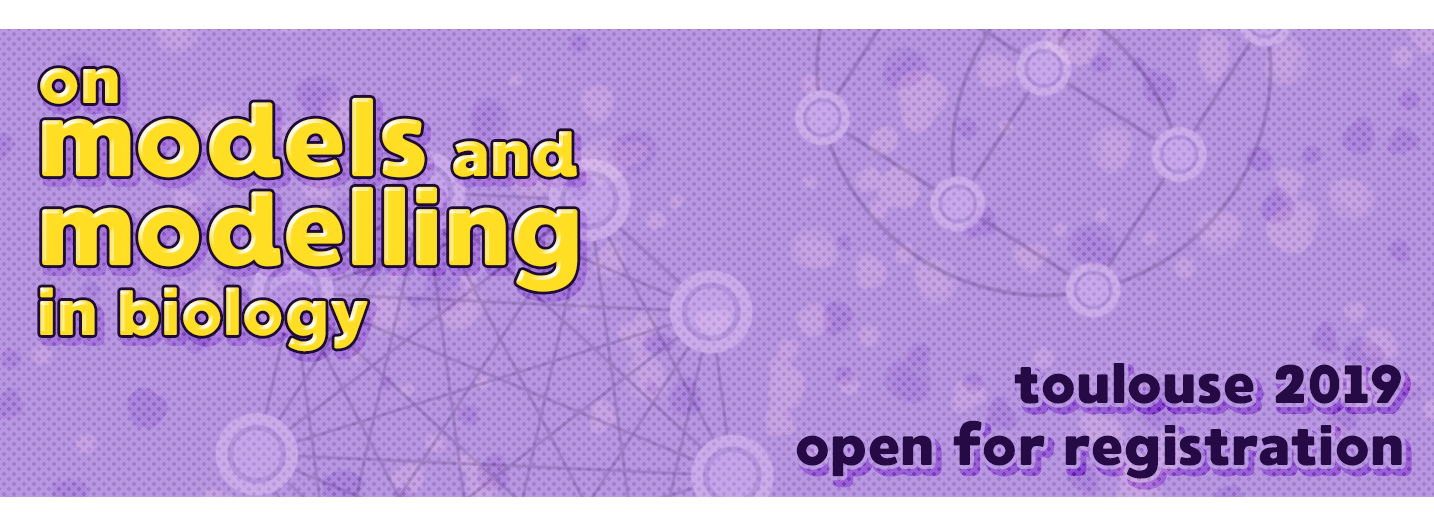
Models and modelling have a central role in the scientific inquiry process. One likely reason is that models help scientists clarify the assumptions they make, and the limits of the conclusions they draw from real world data. Models help (and force) scientists to be clear and consistent. Modelling also allow potential contradictors to know exactly what was assumed and achieved. They are thus necessary for the validation and test of scientific hypotheses. Models, modelling strategies and modelling philosophy should thus be discussed by the whole scientific community and by all of those interested in the advancement of science as a rational inquiry about the natural world.
From a historical and philosophical point of view, models and modelling are also fundamental. Indeed, models help us understand the views that predecessors had on a particular subject. They clarify why and how views on the natural world have evolved. They also help us understand why some models can be used, ignored and then used again. Sometimes by the same researchers.
Modelling can follow various paths and take many forms with the use of extremely simple (simplistic?) or highly complex (parameter-rich and realistic?) models. At the same time, with recent advances in artificial intelligence, big data analyses and deep learning, the very question of modelling has been directly and indirectly questioned (or re-defined?).
The aim of this meeting is to bring together researchers (biologists, mathematicians, physicists, philosophers) interested in modelling and the meaning of models across different areas of biology. Each of them will provide a unique and personal view on how models (and what type of models) are important in his/her research. This will hopefully show how different areas share similar models or modelling approaches and hopefully build bridges between disciplines. A philosopher and a mathematician will provide what can be seen as both isider and outsider views on models and modelling.
INSTITUTIONS AND SPEAKERS
The INSA-Toulouse, the Institut de Mathématiques de Toulouse, the Evolution & Diversité Biologique lab, and the Instituto Gulbenkian de Ciência, in Oeiras, Portugal, have been collaborating over several years and have developed work at the heart of these questions, from ecology to population genetics, molecular biology and epidemiology. Researchers form these three institutions will present a small part of their work in a simple way and discuss the reasons why modeling is important in their field. The full list of speakers can be found here.
In addition, three highly recognised researchers will provide additional insights into the question of modelling in science. Giuseppe Longo, a mathematician interested in cognitive sciences and epistemology will talk about modeling forms and time in biology and meaning in science. Paul-Antoine Miquel, philosopher of science, who has worked on the philosophy of biology with a focus on questions related to life and nature will talk about “Gaia and Solaris”. Claire de Mazancourt, a theoretical ecologist working at the Moulis CNRS research centre, will present work related to modelling ecosystems in a changing world.